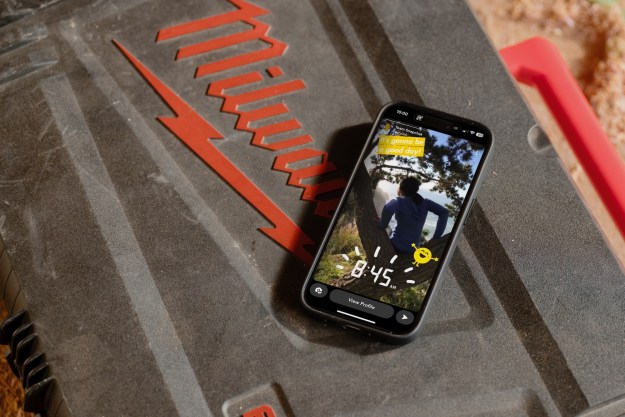
According to the court, there was “ample evidence” that Carter’s conduct was reckless enough to incur the involuntary manslaughter charge. Text messages that Carter sent to Roy were seen by the court as “coercive” and contributed to Roy taking his own life by inhaling carbon monoxide fumes inside his truck. Because Carter, who was 17 at the time, was in “constant communication” with Roy through text messages and phone calls prior to his suicide, this “made the defendant’s presence at least virtual,” which is why the involuntary manslaughter charge will stay.
In Massachusetts, involuntary manslaughter is defined as an “unlawful killing that was unintentionally caused as the result of the defendant’s wanton or reckless conduct.”
Carter’s lawyers argued her messages were protected under the First Amendment, with defense attorney Dana Curhan arguing that because Roy had already planned to commit suicide, Carter did not coerce him into doing anything. Even so, the court ruled that one does not need to physically hurt someone in order to incur an involuntary manslaughter charge, reports Ars Technica.
“We have never required in the return of an indictment for involuntary manslaughter that a defendant commit a physical act in perpetrating a victim’s death,” reads the court’s decision. “We also never have had occasion to consider such an indictment against a defendant on the basis of words alone.”
One message read, “I thought you wanted to do this. The time is right and you’re ready, you just need to do it!” Another text message read, “You can’t think about it. You just have to do it.” And another: “There is a point that comes when there isn’t anything anyone can do to save you, not even yourself.”
As a result of the court’s ruling, Carter will eventually stand trial, though no trial date was set. The minimum penalty for involuntary manslaughter is 40 months in jail, while the maximum penalty shoots that up to 120 months.
